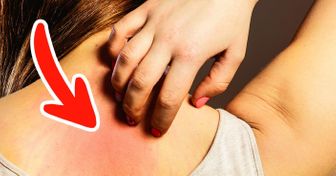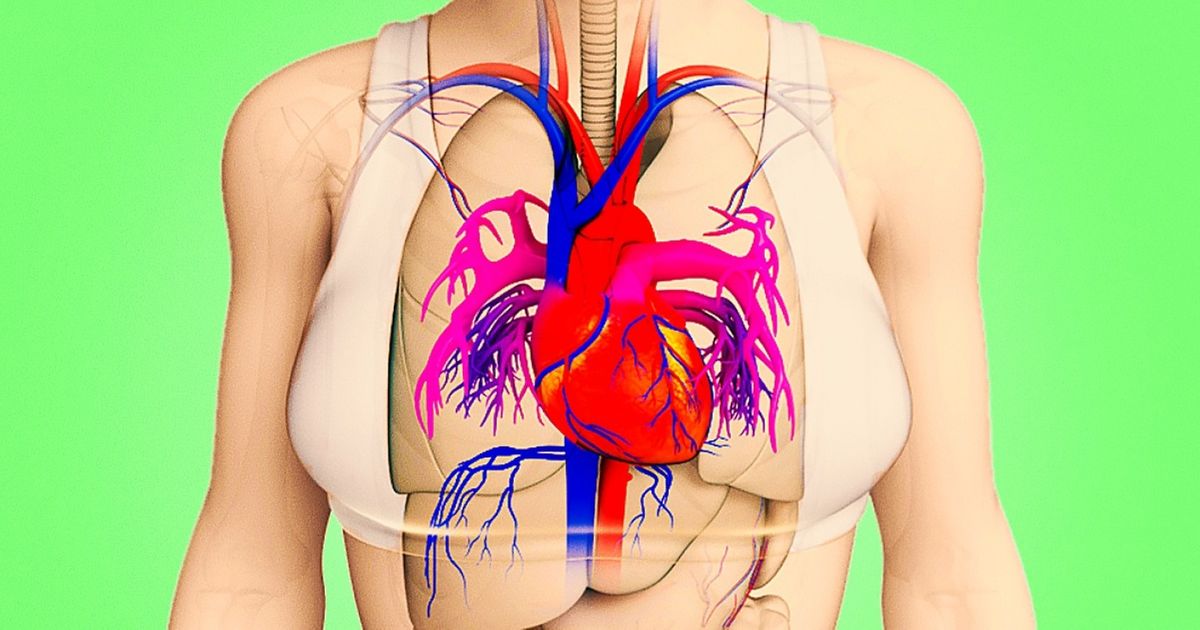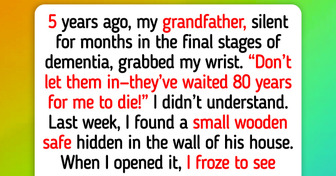7 Early Symptoms of Cancer Ignored by 90% of People


Prevention is better than cure. This simple rule applies to any disease and is especially valuable when symptoms are not properly acknowledged.
Bright Side will describe crucial symptoms that might occur one month (or even earlier) before a heart attack. You don’t need to become a total hypochondriac, but a bit of health awareness never hurt anybody. Pay close attention in case you are at risk. Several often-missed indicators are listed at the end of the article.
Unusual fatigue is one of the main symptoms that indicates an impending heart attack. Women are more likely to report this type of symptom than men.
Abdominal pains, empty/full stomach nausea, feeling bloated, or an upset stomach are several of the most common symptoms. They are equally likely to occur among women and men.
Insomnia is also associated with an increased risk of a heart attack or stroke, which is more common among women. Insomnia features often include a high level of anxiety and absentmindedness.
Dyspnea, or breathlessness, is a strong feeling of being unable to draw a deep breath. It often occurs among both men and women for up to 6 months prior to having a heart attack. It’s usually a warning sign of a medical condition.
Losing your hair is considered to be just another visible indicator of the risk of heart disease. Most commonly it affects men over 50, but some women may also be in the risk group. Baldness is also associated with an increased level of the hormone cortisol.
Skipped beats or arrhythmias are often accompanied by a panic attack and anxiety, especially among women. It appears unexpectedly and reveals itself differently: arrhythmia (irregular heartbeat) or tachycardia (increased heart rate). Physical exercises might give an extra stimulus to the increase of heart rate, especially in cases with atherosclerosis disease.
Unusual or excessive sweating is an early warning sign of a heart attack. It might occur at any time of the day or night. This symptom affects women more often and is usually confused with the hot flashes or night sweats typical of menopause.
Description: Flu-like symptoms, clammy skin, or sweatiness occurring regardless of air temperature or physical exertion. Sweating seems to be more excessive at night; the bedsheets might be damp by morning.
Men and women experience chest pains in different intensities and forms. In men, this symptom refers to the most important early signs of an impending heart attack that should not be ignored. On the other hand, it affects only 30% of women.
We all know about the most common risk factors, like obesity, lack of physical exercise, and smoking. However, there are some often-missed indicators that might improve your health awareness and help you prevent a heart attack.











